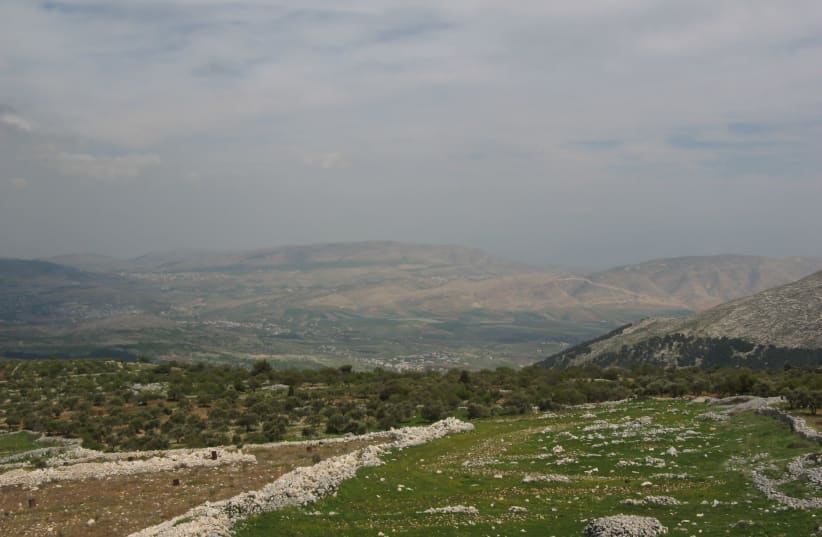For many in the Orthodox Jewish community, the scholarship of modern biblical scholars who do not believe the Torah was written by God and transmitted to Moses at Mount Sinai poses a great challenge to their faith and makes living a committed Jewish life very difficult for them or even impossible.
Interestingly, Rabbi Joseph B. Soloveitchik was not intellectually or religiously bothered by these assertions. As he writes in The Lonely Man of Faith, “I have not even been troubled by the theories of biblical criticism which contradict the very foundations upon which the sanctity and the integrity of the Scriptures rest.” Soloveitchik, in all his greatness and learning, was not disturbed, but many lesser people are profoundly challenged by these claims.
For the most part the traditional Jewish response has been to ignore these challenges and certainly not to teach an authentic Jewish response to the younger generation. However, in the era of Google, Facebook and YouTube, it has become increasingly difficult or even impossible to hide these difficult issues from educated seekers or intellectually curious youth.
Recently, Rabbi Amnon Bazak, a teacher at Yeshivat Har Etzion and Herzog College and one of the most highly sought-after teachers of Tanach in Israel, published a book for the educated laity which directly addresses these issues and suggests possible answers to these theological tensions. Published in 2020, it unfortunately might have escaped the public eye due to all the upheaval caused by COVID, but is too important to go unread and should generate much needed discussion of these important issues.
In a chapter on Tanach and archaeology, he surveys the implications of modern biblical archaeology for the believing Jew and discusses at length the academic argument between the minimal and maximal schools of Israel archaeology. He shows how some modern discoveries support the Tanach’s account and makes the important point that, in relation to events that happened thousands of years ago, it is hard to make an argument from lack of evidence.
For example, he discusses the “altar” discovered on Mount Ebal, which was dated to the end of the 13th century BCE and corresponds to the description of an altar described in the Torah. It has even been suggested that this altar could be the one used in the ceremony of the blessing and curses (which took place between the mountains of Gerizim and Ebal) or at the least an Israelite altar from the time of Joshua’s conquest of the land. He also discusses the relatively recent discovery of the Tel Dan stele which confirms the existence of a biblical King David, which means scholars can no longer doubt his existence.
Regarding the contradictions in the Torah, Bazak cites at length from the work of Israel Prize-winner Rabbi Mordechai Breuer, who also taught at Yeshivat Har Etzion, who famously maintained that the contradictions in the Torah are God’s intent: “The Torah presents different aspects of reality – on both the narrative and halachic level – through the technique of multiple descriptions of a given topic or event... they are expressions of the multifaceted nature of a given topic.” Contemporary scholars such as Rabbi Elchanan Samet and Prof. Yonatan Grossman have shown, using modern literary techniques, that they are not really contradictions but unified elements of a singular narrative.
Bazak’s book ends with a discussion of the sins of biblical figures and how to relate to them from a theological and educational perspective. This chapter is a recapitulation of an argument between the school of Yeshivat Har Etzion and the school of Yeshivat Mercaz Harav whether we have the right to say that our righteous ancestors ever sinned.
Bazak takes the position that, following the plain meaning of the text, it is difficult to say that our forbearers did not sin – for example, King David with Batsheva. In rationalizing away their sin, we distort their humanity. Instead, we should look at their response to sin and their embracement of repentance. “Thus we learn that even when a person has committed very serious transgressions, the gates of repentance are not closed; even when the person involved is a king, he still has the potential to acknowledge his sin and accept responsibility.” This message is particularly relevant for the period of the fall Jewish holidays. The book is essential reading for anyone interested in, or disturbed by, the challenge of biblical criticism, and it exemplifies the notion that as believing Jews we should not be afraid of an honest discussion of even the most theologically challenging issues. The writer is a professor of medicine and expert in bioethics at Ben-Gurion University and publishes and lectures on a variety of Jewish studies issues for journals, Jewish organizations and elsewhere.
TO THIS VERY DAY
By Amnon Bazak
Maggid
458 pages; $34.95
